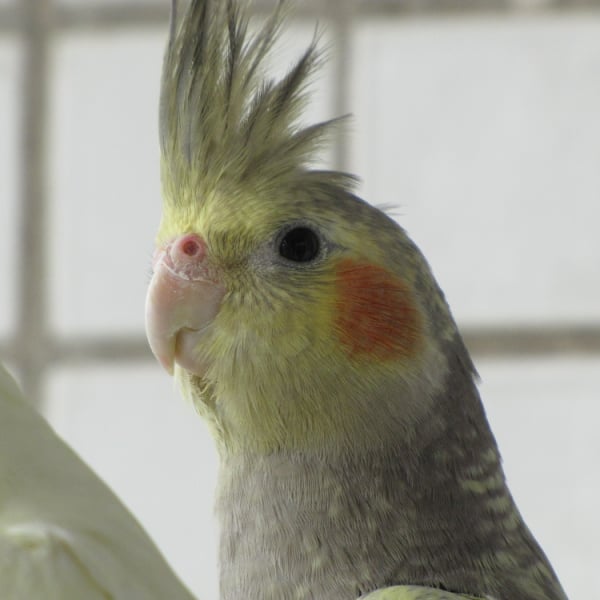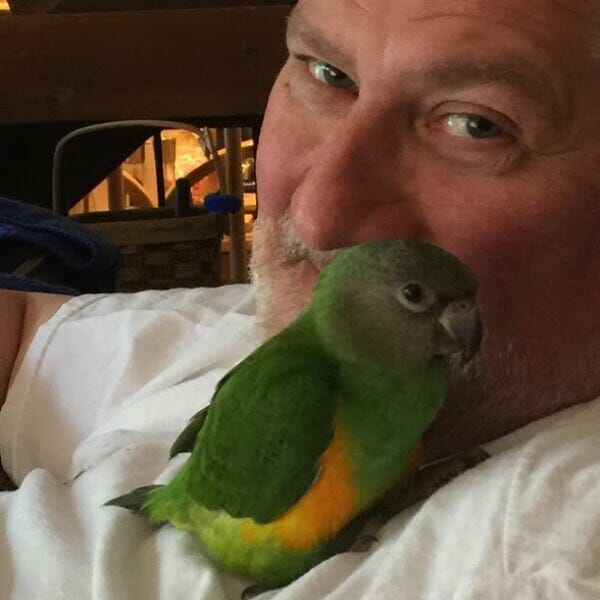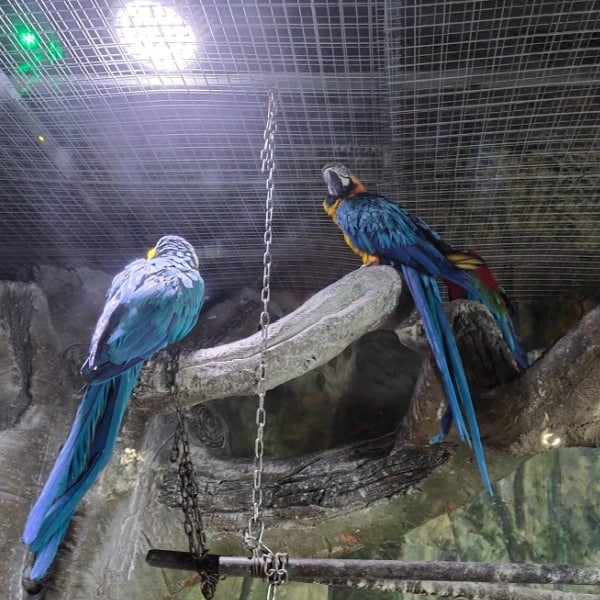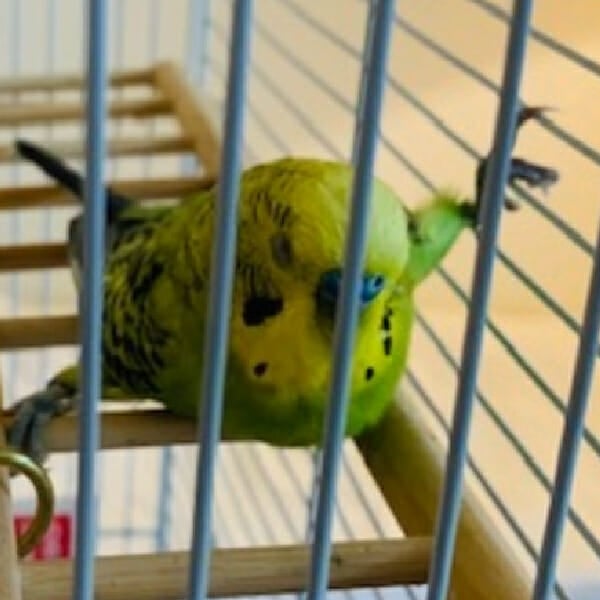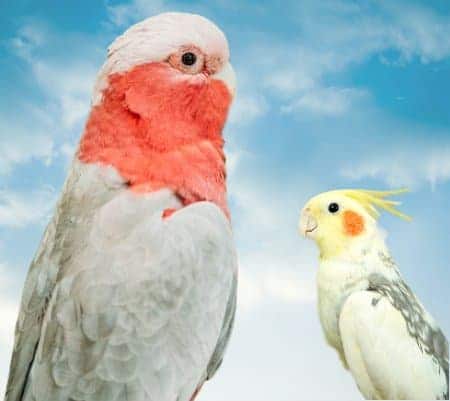Does an Inherited Cockatiel With a Bald Spot in an Aviary Need Foraging Toys?
There is no singular cockatiel related to the title of this post. Aside from providing expert advice to caged bird keepers I also have a passion for Search Engine Optimization as well as improving how I communicate our ideas. Apparently, I am the vortex of a digitally feathered world.
